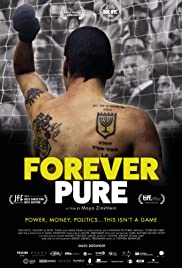
Beitar Jerusalem FC is the most popular team in Israel and the only club in the Premier League never to sign an Arab player. Midway through a season the club’s owner, Russian-Israeli oligarch Arcadi Gaydamak, brought in two Muslim players from Chechnya in a secretive transfer deal that triggered the most racist campaign in Israeli sport and sent the club spiralling out of control.
You May Also Like

The conflict between the Colombian authorities and the marxist FARC guerrilla broke out in 1964, and in 2012 peace negotiations started behind closed doors in Cuba. Featuring unique access to central figures on both sides, To End a War tells the story of the war and the negotiations, focusing on the challenge of establishing peace in a country where the majority of the population has never known anything but war.
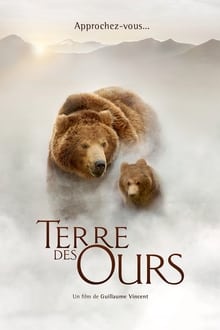
Set in the wilderness of the Kamchatka Peninsula, the land of legends and the kingdom of wild brown bears, we follow the daily adventures of five wild brown bears.

The Miami-Dade Community Mental Health Project comes to life in this documentary, following a team of dedicated public servants working through the courts to steer people with mental illness on a path from incarceration to recovery.
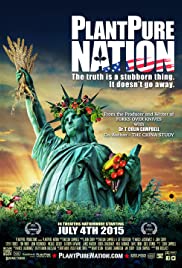
Three people try to start a pilot program to document the health benefits of a plant-based diet.
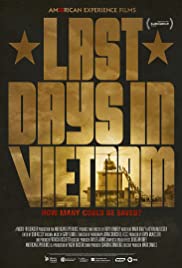
During the chaotic final weeks of the Vietnam War, the North Vietnamese Army closes in on Saigon as the panicked South Vietnamese people desperately attempt to escape. On the ground, American soldiers and diplomats confront a moral quandary: whether to obey White House orders to evacuate only U.S. citizens.
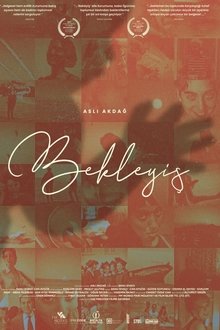
What happens if a single woman is obliged to bring up a baby without a father in a “modern” city of a conservative country? This autobiographical documentary thoroughly researches social roles of women and intellectualizes social inequality while searching for answers to this question.
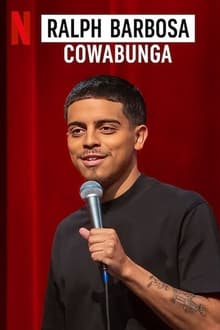
Dallas comedian Ralph Barbosa talks about how he grew up with his grandparents and ran a hair salon in his bedroom when he was 13 years old.

In the vast, little-understood wilderness of Australia’s Cape York, fortune-hunters hide amongst the mangroves and the crocs, seeking to bend the ancient laws of nature to their will. When a ten-year-old boy and his father vanish while checking their shark nets, it unravels a dynastic alliance between mighty fishing clans. A mother and son are accused of murder and a love triangle gone horribly wrong raises questions of guilt and complicity that ripple out far beyond the alleged killers.
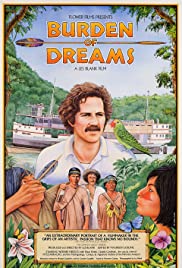
German director Werner Herzog begins work on his 1982 epic “Fitzcarraldo” but soon runs into serious setbacks, from casting problems to his own stubborn refusal to use special effects. After having to reshoot much of the film because the lead actor was recast, his crew must then haul an old-fashioned steamboat over a mountain using manpower alone. With a resolve bordering on insanity, Herzog struggles to realize his vision, vowing to see the film completed — even if it leads to his undoing.

In 1996, the Menendez brothers faced trial for killing their parents, a case that captivated America. Years later, they share their side through interviews with those involved, offering a fresh take on the events.

A hidden grassroots organization doggedly fights to expand access to abortion pills across the United States keeping hope alive during a global pandemic and the fall of Roe v. Wade.
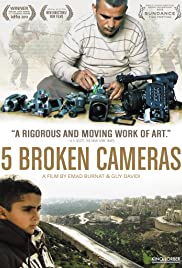
Five broken cameras – and each one has a powerful tale to tell. Embedded in the bullet-ridden remains of digital technology is the story of Emad Burnat, a farmer from the Palestinian village of Bil’in, which famously chose nonviolent resistance when the Israeli army encroached upon its land to make room for Jewish colonists. Emad buys his first camera in 2005 to document the birth of his fourth son, Gibreel. Over the course of the film, he becomes the peaceful archivist of an escalating struggle as olive trees are bulldozed, lives are lost, and a wall is built to segregate burgeoning Israeli settlements.